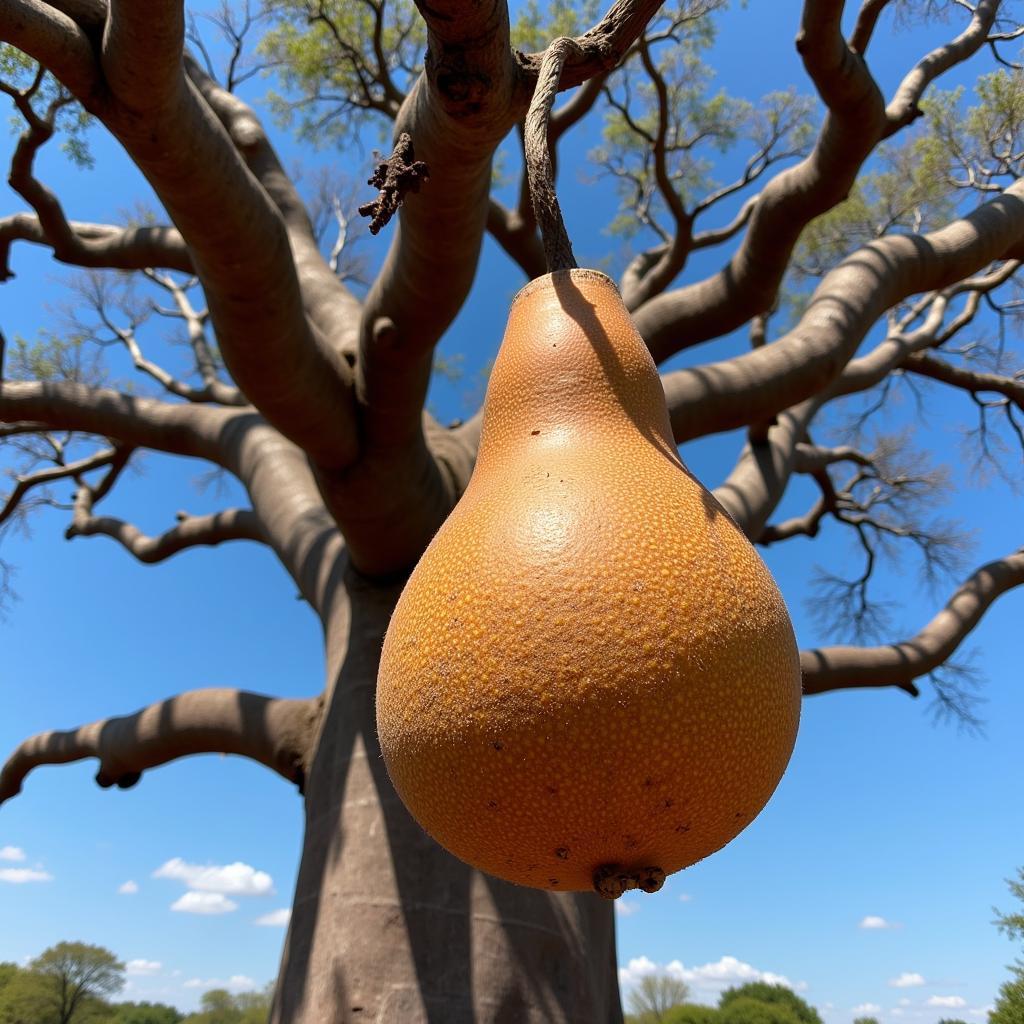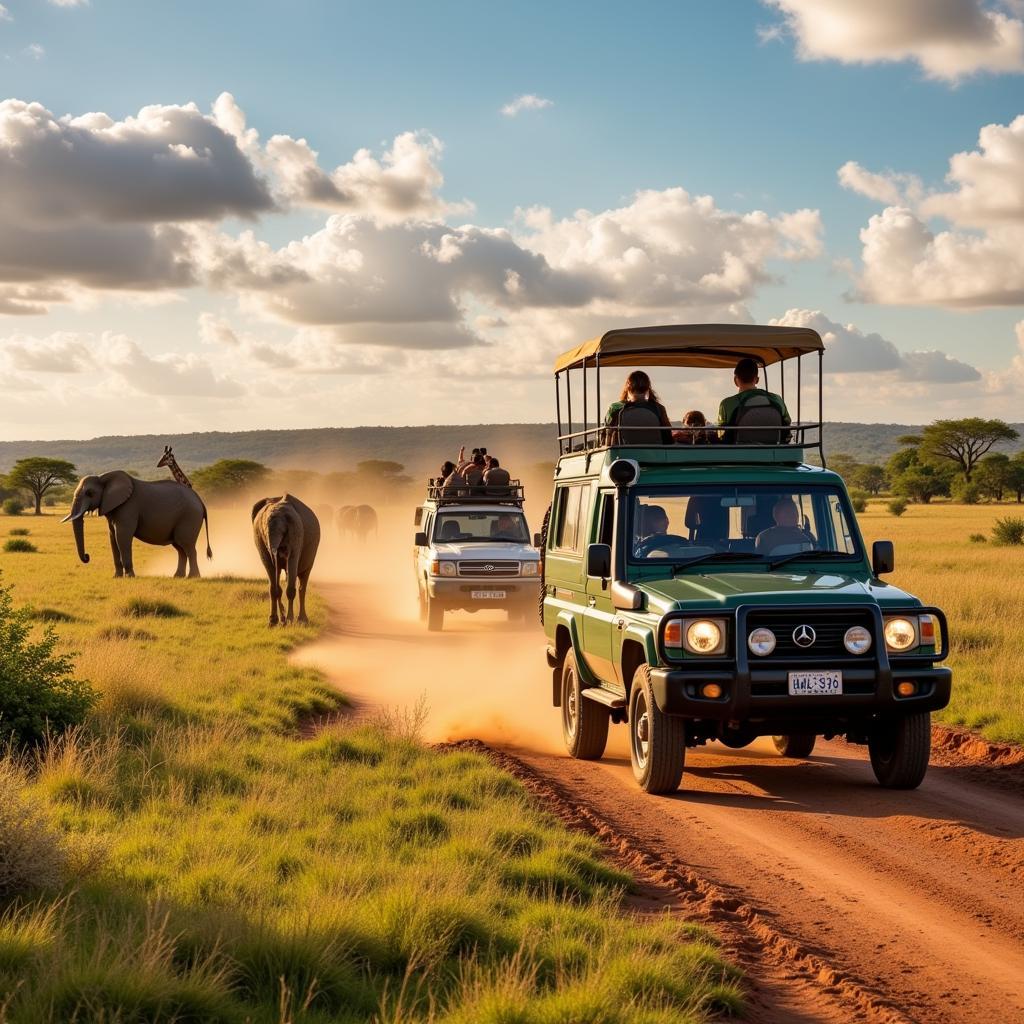African Countries Richest to Poorest: Understanding Economic Disparities
From the bustling metropolises of South Africa to the serene landscapes of Burundi, Africa’s economic landscape is a tapestry of contrasting realities. This article explores the economic spectrum of African Countries Richest To Poorest, delving into the factors that contribute to these disparities and highlighting the complexities beyond simple GDP rankings.
Factors Influencing Economic Disparities in African Nations
Several factors contribute to the economic divide across the continent. Colonial legacies, including exploitation of resources and imposed political systems, continue to cast long shadows. Political instability and corruption hinder development, diverting resources away from crucial social programs and infrastructure projects. Access to education, healthcare, and technology also plays a vital role, shaping human capital and opportunities for economic advancement.
Natural Resources and Economic Development
The distribution of natural resources, while potentially a source of wealth, can also be a double-edged sword. Countries rich in minerals like diamonds or oil often face the “resource curse,” where reliance on these commodities can lead to economic volatility, corruption, and neglect of other sectors. Furthermore, the uneven distribution of arable land and access to water resources significantly impacts agricultural production and food security.
The Impact of Globalization and Trade
Globalization and international trade have had mixed effects on African economies. While some countries have benefited from increased access to global markets, others have struggled to compete, particularly in sectors dominated by developed nations. Unfair trade practices and unequal access to technology further exacerbate these challenges. Developing sustainable trade relationships and promoting value-added industries are crucial for fostering equitable economic growth.
Exploring the Economic Spectrum: African Countries Richest to Poorest
Examining GDP per capita provides a snapshot of economic performance, though it’s crucial to acknowledge its limitations. While countries like Seychelles and Mauritius rank high in terms of GDP per capita, this metric doesn’t capture the full picture of wealth distribution, social development, and quality of life. Conversely, countries with lower GDP per capita, like Burundi and the Democratic Republic of Congo, often grapple with significant poverty, conflict, and lack of basic services.
Beyond GDP: Measuring Human Development
Beyond economic metrics, human development indicators offer a more comprehensive view of well-being. Factors like life expectancy, education levels, and access to healthcare are vital for evaluating progress. Investing in human capital is essential for long-term sustainable development, fostering a skilled workforce and empowering individuals to participate fully in the economy.
What is the Role of Foreign Aid in African Development?
Foreign aid plays a complex role in African development. While it can provide crucial support for infrastructure projects, healthcare initiatives, and emergency relief, its effectiveness is often debated. Ensuring transparency, accountability, and aligning aid with local priorities are essential for maximizing its impact. Furthermore, promoting sustainable development strategies and empowering local communities to drive their own progress is paramount.
Conclusion: Fostering Sustainable and Inclusive Growth in Africa
Understanding the complex dynamics that shape the economic landscape of African countries richest to poorest requires a nuanced approach. Moving beyond simplistic rankings and embracing comprehensive development strategies are essential for fostering sustainable and inclusive growth. Investing in human capital, promoting good governance, and ensuring equitable access to resources are crucial for creating a prosperous future for all African nations. African diamonds botswana plays a significant role in Botswana’s economy.
FAQ
- What are some of the richest African countries?
- What factors contribute to poverty in Africa?
- How does corruption impact economic development?
- What is the role of education in economic growth?
- How can foreign aid be made more effective?
- What are some examples of successful development initiatives in Africa?
- What are the challenges to achieving sustainable development in Africa?
For any assistance, please contact us at Phone Number: +255768904061, Email: [email protected] or visit our office at Mbarali DC Mawindi, Kangaga, Tanzania. We have a 24/7 customer service team available to assist you.


